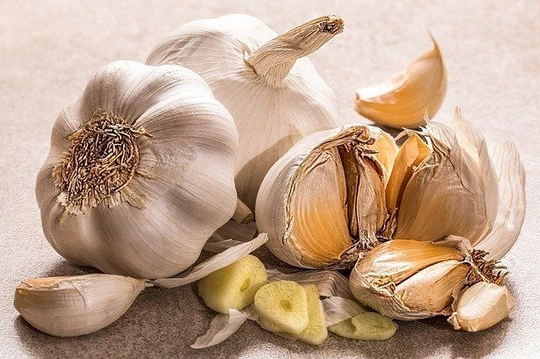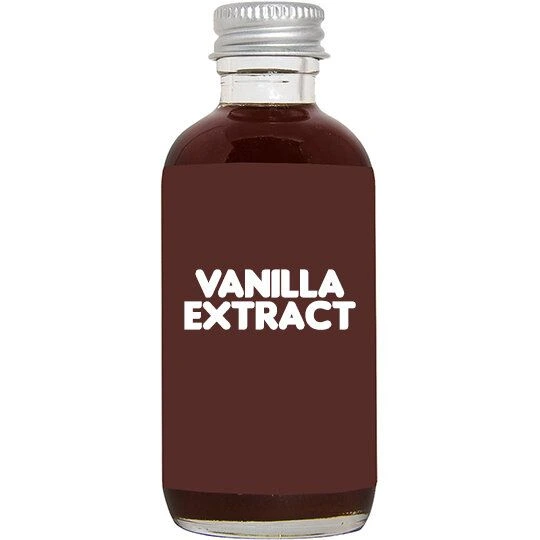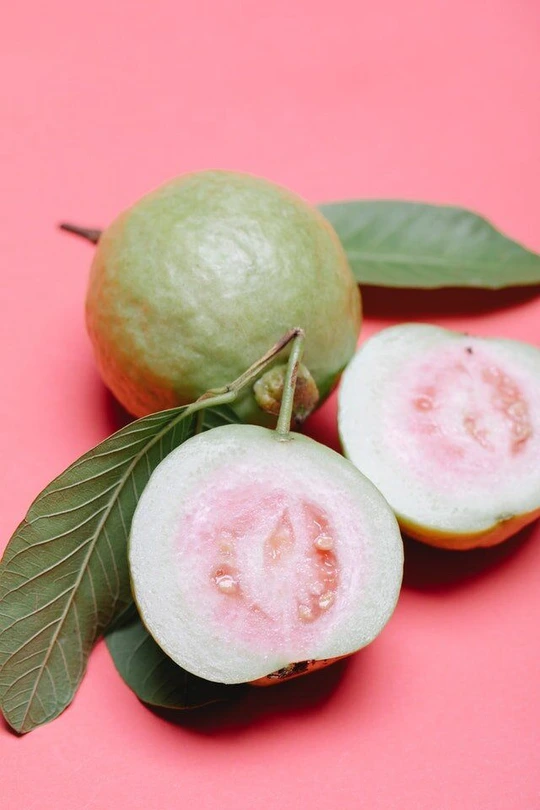12 Home Remedies for Relieving Sensitive Teeth


If you have sensitive teeth, anything from drinking a glass of water to using a toothbrush can be painful. Depending on where the source of your discomfort is coming from, you may be able to come up with a home remedy for the sensitivity of teeth or need to see a dentist. Understandably, most people want to figure out how to get rid of sensitive teeth on their own before they set up a separate dental appointment.
Assuming you don’t have active diseases like an abscess or decay, it’s perfectly fine to use a home remedy. Sensitive teeth that don’t respond to DIY tips, however, may have something more serious going on in the background.

Is there a home remedy for sensitive teeth? It depends on whether it’s true hypersensitivity or something like active tooth decay. One must be treated by a dentist, while the other can sometimes be managed by a home remedy. Sensitive teeth may respond well to things like sensitivity toothpaste, clove oil, or altering your diet. How to get rid of sensitive teeth can be a trial and error process, assuming you don’t have recession or caries.
12 Home Remedies For Sensitive Teeth
Sensitive teeth can be caused by a number of factors, ranging from gum irritation to enamel erosion. How to get rid of sensitive teeth starts by playing detective and experimenting with your home care.
1) Desensitizing Toothpaste
2) Saltwater Rinse

If the sensitivity is coming more from your gum tissues, then a warm saltwater rinse can ease the irritation. Salt water naturally draws out swelling and inflammation, easing tissue sensitivity. Use about one teaspoon of table salt with an 8 oz. glass of slightly warm water. Once it’s fully diluted, rinse for several seconds at a time until you’ve worked your way through the entire glass. You can repeat the process throughout the day as needed.
3) Fluoride Rinse (Over the Counter)

Commercial fluoride rinses like what you see for anti-cavity purposes can also help to minimize the symptoms of sensitivity. The fluoride works similar to desensitizing toothpaste by reducing stimuli to the micropores across your teeth.
4) Honey and Warm Water

There’s been a lot of recent research on the healing properties of honey. It can speed in wound healing, reduce the risk of infection after surgery, and some people even say it can help them with tooth sensitivity. Obviously, the super-sticky texture makes it harder to use, so you’ll find people mixing it with warm water and turning it into a rinse. But I’ve got to warn you - the natural sugars in honey on top of using it as a mouthwash could wreak some serious havoc on your tooth enamel after repeated use.
5) Garlic

Love garlic? Then you’re in luck! You can keep vampires away and combat tooth sensitivity. Garlic contains something called “allicin”, which helps manage pain symptoms. You’ll want to use fresh or minced garlic instead of something like garlic powder. Apply it as a paste or place a sliced clove right up against your tooth for a several minutes. For obvious reasons, you probably only want to use this option if you’re not planning any important social interactions for the rest of the day!
6) Turmeric

Tooth pain can often be attributed to swelling and inflammation. Fortunately, turmeric is a natural anti-inflammatory. Turmeric contains other compounds that also work for antiseptic and analgesic purposes, giving it a triple-acting advantage when it comes to finding a home remedy for sensitivity of teeth.
7) Green Tea

Love sipping on green tea? Then you’re in luck! There could be natural soothing capabilities found in green tea that helps reduce tooth sensitivity. But fair warning, if your teeth are sensitive to the heat, there’s something else going on that the tea won’t help with.
8) Capsaicin

Capsaicin is naturally found in chili peppers. It can also impact nerve receptors’ ability to transfer pain stimuli to your brain. The bad news is it also causes a burning sensation when it’s in your mouth. But if you love hot foods and the heat doesn’t bother you, it definitely wouldn’t hurt to give capsaicin a try.
9) Vanilla Extract

Here’s another situation where we have to ask, “do the benefits outweigh the risks?” Vanilla extract typically contains alcohol, which in turn can help to ease discomfort. You can apply it directly to your tooth the same way you would clove oil. The bad news is that it also contains sugars (natural or artificial) which can increase your risk of tooth decay with repeated use.
10) Coconut Oil Pulling

Oil pulling is one of those trends that has gained a ton of popularity over the last several years. People say it helps combat tooth decay, gum disease, and sensitive teeth. Unfortunately, there really isn’t any clinical research out there to show physical benefits when it comes to tooth and gum health. But it also doesn’t hurt anything to try it. The only issue is that physically rinsing with coconut oil for 20 minutes at a time can make your mouth or TMJ sore - so is it worth it? Personally, I would rather use something else that doesn’t take up so much of my time. But if you’re just sold on the idea of oil pulling or you’ve already found that oil pulling really does work for you, then it’s a tooth-safe option to try.
11) Clove Oil

Clove oil is actually used in a lot of dental office products because of its analgesic properties. It’s a natural pain reliever and is safe to use at home, assuming you don’t have any allergies. Apply clove oil directly to the area of sensitivity with a cotton ball or Q-tip.
12) Guava Leaves

If you have access to fresh guava leaves, you can chew them for a couple of minutes and then spit out the residue. The flavonoids inside of guava leaves are scientifically proven to aid in swelling and pain relief.
Sensitive Teeth Causes
1) Gum Recession And Root Exposure
The roots of your teeth are covered in thousands of tiny micro-pores and nerve endings. Since they’re not covered by dense enamel, exposed tooth roots tend to be hypersensitive to any type of stimuli.
2) Whitening Products
Probably the most common cause of tooth sensitivity is what people experience when they’re using whitening products. Whitening toothpaste is one of the biggest offenders.
3) Erosion (Thin Enamel)
Acid erosion can thin out your enamel and make it more susceptible to stimuli. A high acid intake or unmanaged heartburn/acid reflux disease can contribute to this scenario. Aggressive toothbrushing can also wear through your enamel.
4) Cold Temperatures
Cold sensitivity isn’t necessarily a red flag that there’s something wrong with your tooth. Most teeth tend to hurt if they’re suddenly exposed to a really cold temperatures, like biting right into a popsicle or ice cream.
5) Traumatized Nerve
Past injuries or infections in your tooth’s nerve can cause it to be more sensitive than the surrounding teeth. A sharp, sudden zing from a specific part of your mouth could indicate a dying or abscessed nerve.
6) Cavities Or Gum Disease
Depending on the type of sensitivity you’re experiencing (pressure, hot temperatures, sweet, etc.) the pain could be due to an active oral disease. Treatment with your dentist is a must.
7) Cracks Or Old Fillings
Weak tooth enamel or structural damages can cause pain when you’re biting down and applying pressure to it. Temperature sensitivity may also be a problem. It’s best to see your dentist as soon as possible, especially if you want to avoid a root canal.
8) Hydrogen Peroxide
Although I don’t recommend it, some people rinse with hydrogen peroxide solutions for a variety of reasons. It’s also a common ingredient in whitening products. Hydrogen peroxide is known to cause tooth sensitivity.
Tooth Sensitivity Prevention
Second, use a desensitizing toothpaste every day. These blends work by blocking off the micropores of your teeth with calcium and other minerals, preventing stimuli from getting to the tiny nerves inside of the tooth. You’ll need to use the toothpaste twice a day for a couple of weeks before you see the full results.
Thirdly, cut back on your whitening products. If you’re purposely whitening your teeth, consider skipping every other session. If you’re using whitening toothpaste, alternate it with the sensitivity formula or just toss it all together.
Finally, see your dentist and hygienist regularly. Keeping your six-month checkups will make sure that any issues can be addressed when they’re smaller (and possibly still reversible.)
Related: Best Electric Toothbrushes for Sensitive Teeth and Gums
When To Talk To A Dentist
If you feel hot, sweet, or pressure-sensitive more than a couple of times, you need to see your dentist. Don’t attempt to treat the symptoms on your own. Even if a DIY method provides temporary relief, it could be masking the symptoms of a more serious dental issue. The longer you wait to see your dentist, the bigger (and more expensive) that problem becomes to correct.
Overcoming Tooth Sensitivity
Tooth sensitivity in and of itself isn’t always bad. How to get rid of sensitive teeth starts at home with good hygiene and available DIY options. A great home remedy for sensitivity of teeth is swapping out your toothpaste or applying clove oil. Just remember that certain types of sensitivity — like sweet, pressure, or heat — need to be addressed by your dentist. Cold sensitivity or gum irritation will typically respond to a home remedy for the sensitivity of teeth, but if they don’t - you guessed it - see your dentist!

Make your inbox smile!






